The recent announcement of substantial layoffs at Playtonic Games has sent tremors through the gaming community, highlighting an ominous trend that could redefine the industry as we know it. As a studio celebrated for its work on the charming Yooka-Laylee—an homage to the beloved platformers of yesteryear—the news is especially disheartening. The company’s statement on these layoffs, which described a transformative period in game creation and finance, raises more questions than it answers. What does “transformation” mean in this context? Is it merely a euphemism for a shift toward larger, more lucrative gaming budgets at the expense of creativity? Or are we watching the ascendancy of live-service models, pulling resources away from smaller, talent-driven projects?
This situation is more than just a troubling development for one studio; it encapsulates a much larger narrative unfolding across the gaming landscape. The unfortunate reality is that studios face mounting pressure to modify their creative processes or risk becoming obsolete, and the layoffs at Playtonic serve as a stark warning to others in the industry.
The Profit-Driven Paradigm Shift
One cannot ignore the fact that the current environment favors games prioritizing profitability over artistic integrity. With the rise of live-service games—titles designed to engage players over an extended period through continuous updates and monetization—even the most innovative standalone projects can find themselves without financial support. For niche genres like mascot platformers, which were once celebrated as pinnacles of creativity, this shift may prove disastrous. The rich history and beloved legacy of platforming are slowly being overshadowed by a relentless demand for constant engagement, while games like Yooka-Laylee struggle to meet expectations that are becoming increasingly unrealistic.
Moreover, the financial landscape of gaming has changed drastically, and developers must comply with soaring production costs that put immense pressure on studios like Playtonic. While Yooka-Laylee aimed to revive the nostalgic charm of its predecessors, it perhaps lacked the commercial success necessary to weather such a storm. The COVID-19 pandemic catalyzed an unprecedented surge in gaming, but as that bubble has popped, studios find themselves grappling with recalibrated expectations in an unpredictable market. It appears that those who value imaginative gameplay above profit are steadily finding the ground beneath them giving way.
Creativity vs. Financial Viability
As bleak as the situation may seem for Playtonic, it’s essential to recognize the creativity that can emerge during adversity. While the layoffs are certainly disheartening, they also present new opportunities for the remaining staff and those laid off. Amid turmoil, there’s room for innovation and exploration of new avenues, pushing developers to adapt creatively to meet the evolving gaming landscape. Playtonic’s brand manager, Anni Valkama, has proactively showcased the talents of those affected through platforms like LinkedIn, which goes beyond mere corporate platitudes and underscores a supportive and interconnected community, even amid hardship.
Nonetheless, this raises an even more significant problem: at what cost does one go about securing creative expressions in the gaming industry? As the trend toward financial optimization pressures studios to streamline resources, the balance between artistic integrity and fiscal responsibility is increasingly tenuous. Playtonic’s situation reflects a broader struggle within the industry, where studios across the globe are forced to make similar difficult choices. Unfortunately, this trend significantly limits the scope for diverse and imaginative projects, pushing creativity into the cold shadows of financial metrics.
A Call to Reassess Gaming Values
The troubling developments at Playtonic underline a critical juncture for the gaming industry. This is not merely an isolated incident; it’s an opportunity for both developers and gamers to reflect on what they truly value in their gaming experiences. The industry faces a crossroads where the choice between supporting creativity and fostering profit-driven ventures will undoubtedly have lasting implications.
As stakeholders, we must ask ourselves: do we truly want a gaming landscape where creativity yields to financial expediency? The community can and should demand better—an environment where innovation is not viewed with skepticism but embraced as a cornerstone of gameplay. The industry needs to foster a culture where creative risks are encouraged, where developers can seek groundbreaking experiences instead of just financial success. The echoes of Playtonic’s layoffs will resonate throughout the industry, prompting a necessary reevaluation of priorities. The gaming community must stand united in the hope of preserving the artistry that has long made it a beloved form of entertainment rather than a mere source of revenue.
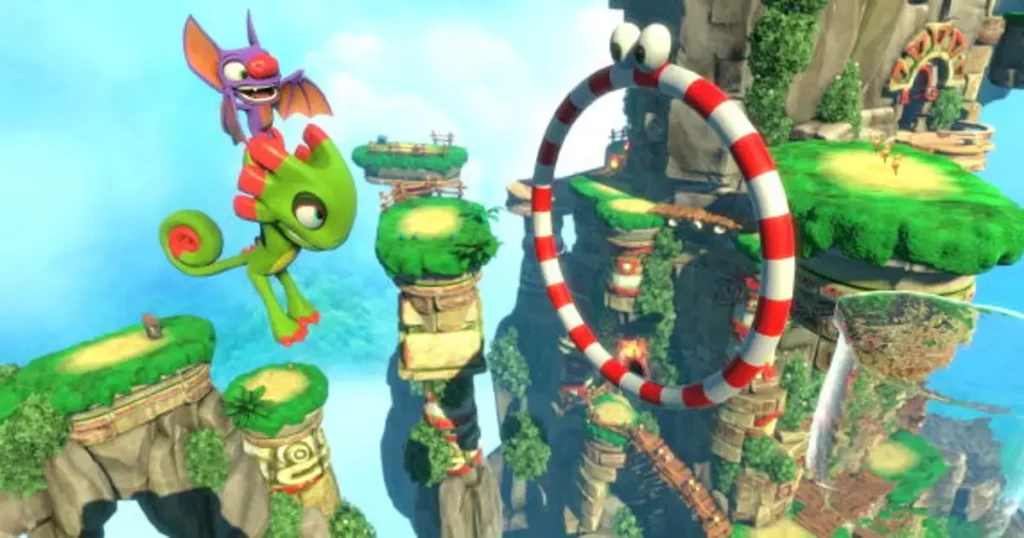

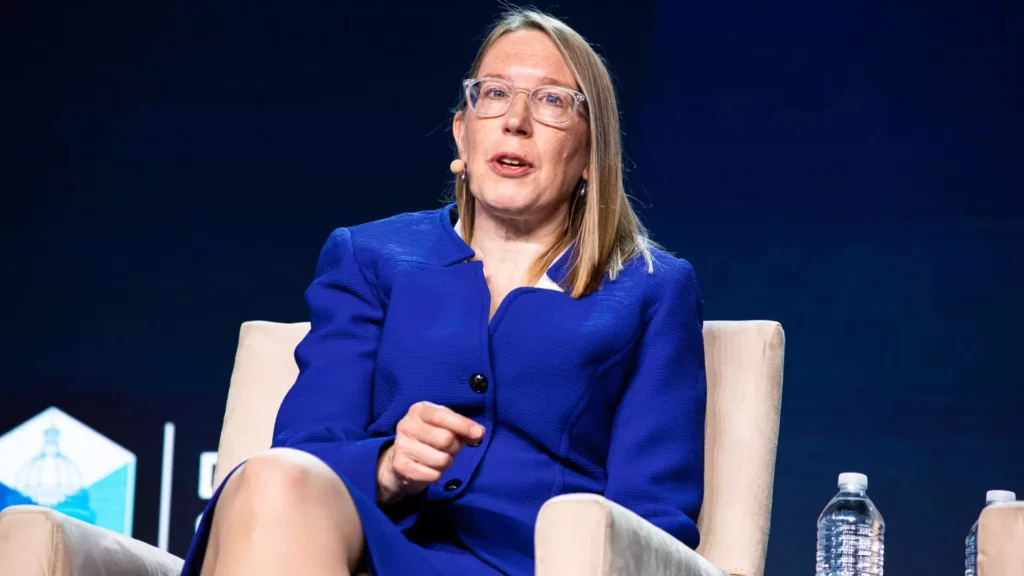
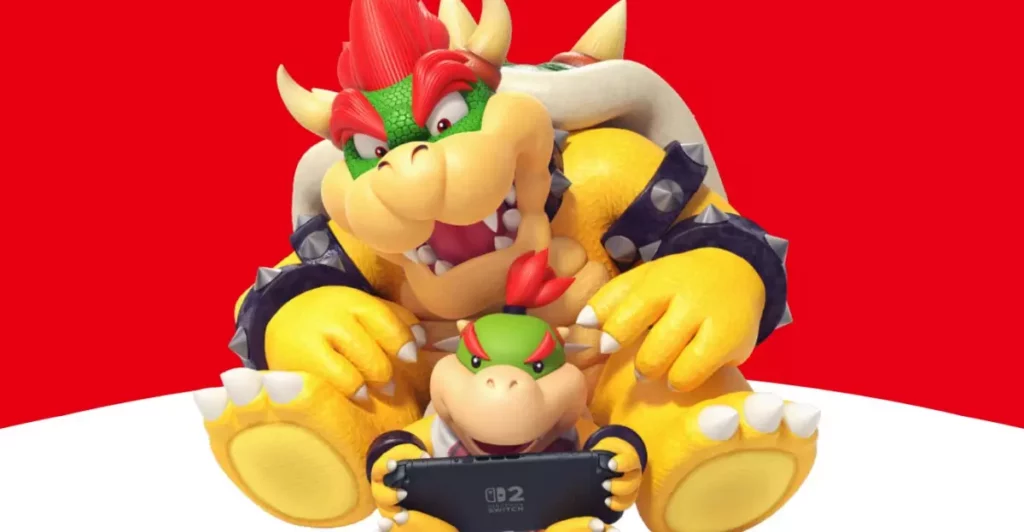

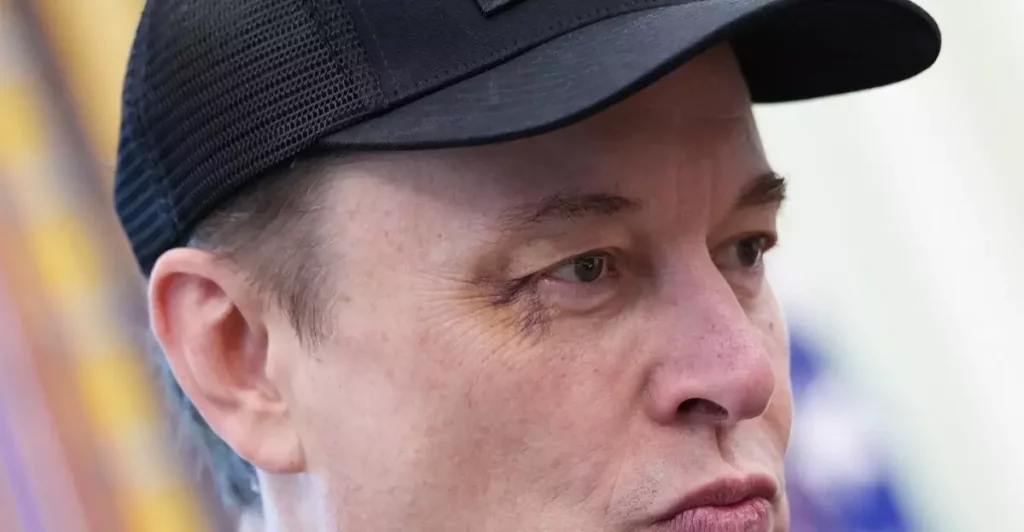

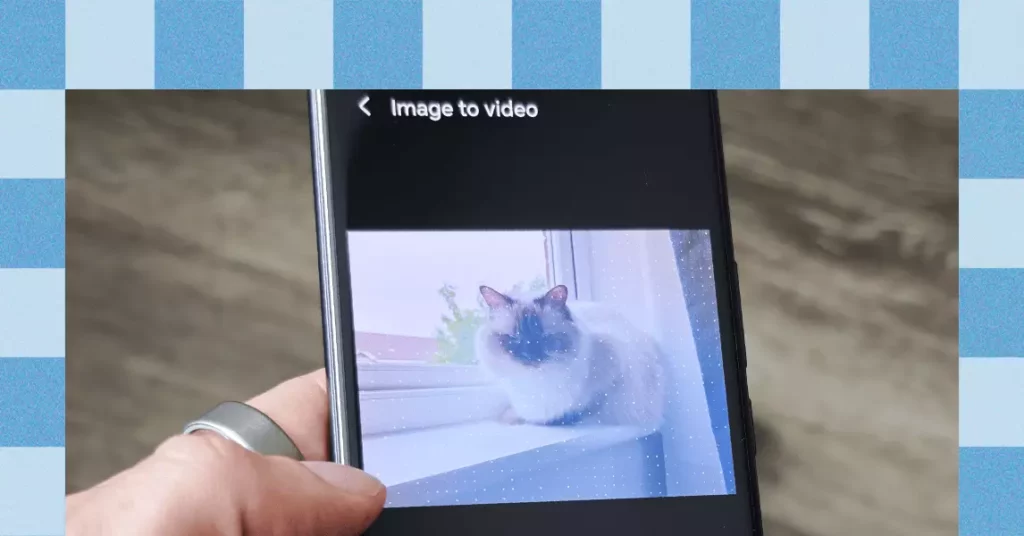
Leave a Reply